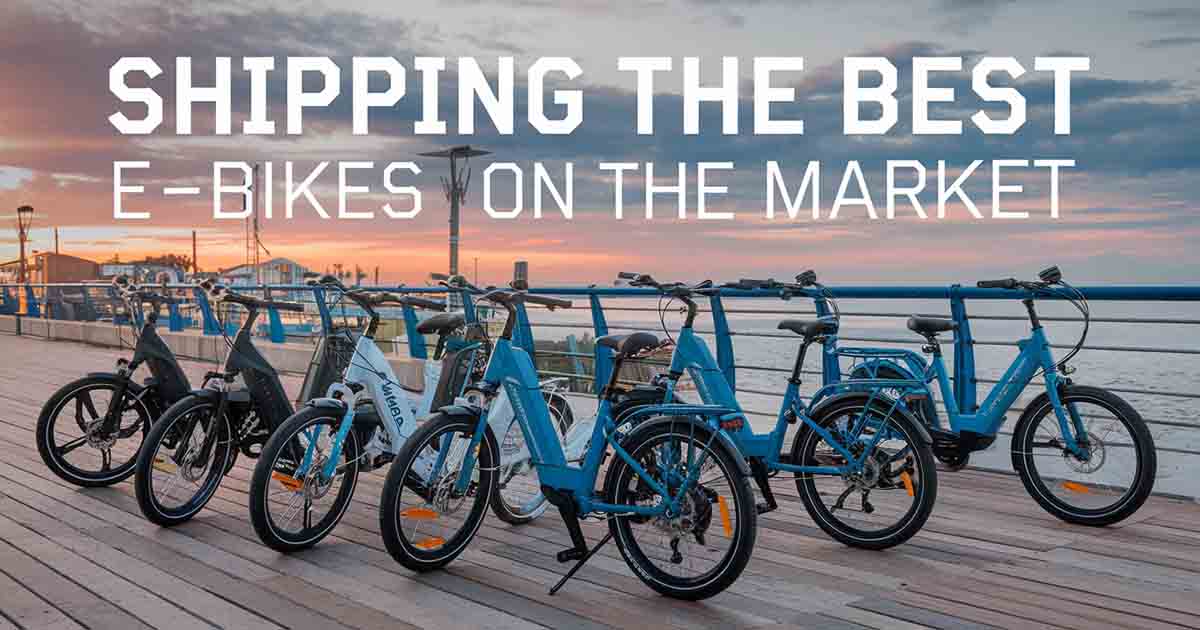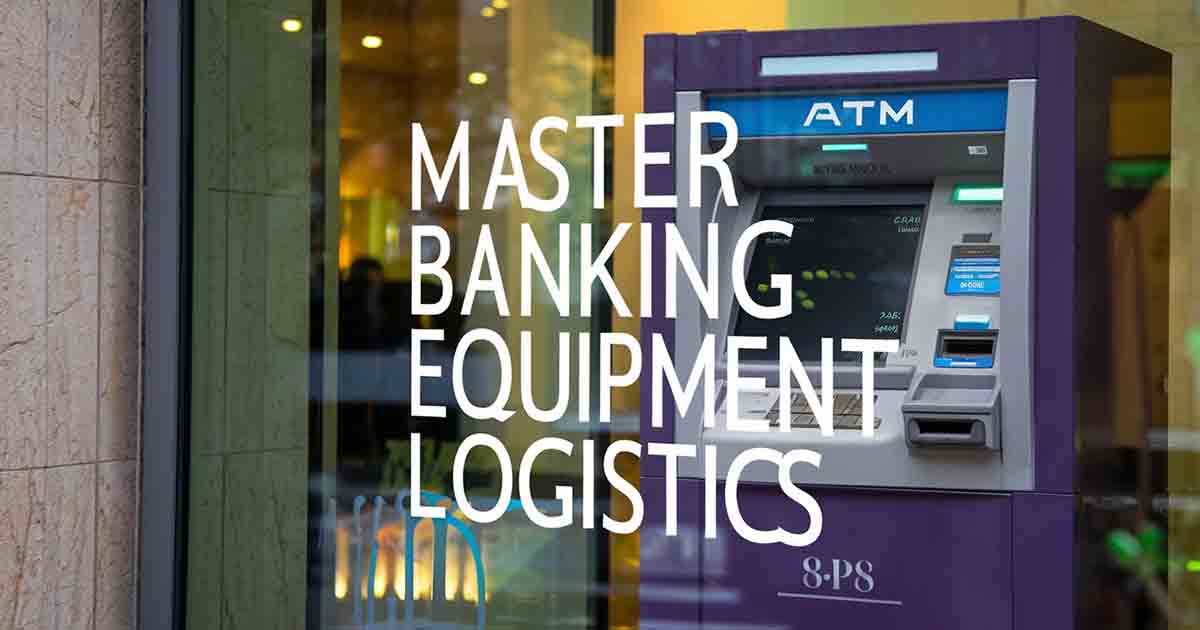Imagine significantly reducing your operating costs while simultaneously boosting customer satisfaction and efficiency—key elements that can set your business apart from competitors. In the dynamic world of supply chain management, businesses continually seek efficient ways to streamline operations, reduce costs, and improve customer satisfaction. Two popular solutions are third-party logistics (3PL) and fourth-party logistics (4PL) providers. Understanding the differences between 3PL and 4PL, along with their respective advantages and disadvantages, is crucial for businesses looking to optimize their logistics operations. This blog will guide you through these logistics strategies, helping you decide which approach can best transform your supply chain into a competitive advantage.
“The real competition is between supply chains, not companies.” – Martin Christopher
(Renowned academic and expert in the field of supply chain management and logistics)
What is 3PL in Logistics?
Third-party logistics (3PL) refers to outsourcing logistics services to a provider that manages various aspects of the supply chain, such as transportation, warehousing, distribution, and fulfillment. 3PL providers offer a range of services tailored to meet the specific needs of businesses in various industries, including healthcare, automotive, and manufacturing. This allows companies to focus on their core competencies while leveraging the logistics expertise of their partners, ensuring efficient and effective supply chain management.
Advantages of 3PL:
- Cost Efficiency: 3PL providers can offer cost savings by leveraging their established networks and economies of scale. Businesses can benefit from lower shipping rates, reduced overhead costs, and access to advanced logistics technology without significant capital investment.
- Flexibility and Scalability: 3PL providers offer flexible solutions that can scale with a business’s needs. Whether dealing with seasonal demand spikes or expanding into new markets, 3PLs can adjust their services accordingly.
- Expertise and Focus: 3PLs bring specialized knowledge and experience in logistics management, allowing businesses to benefit from their expertise. This focus enables companies to improve supply chain efficiency and reduce the risk of errors.
- Access to Technology: Many 3PL providers utilize advanced technology, such as warehouse management systems (WMS) and transportation management systems (TMS), to enhance operational efficiency and provide real-time visibility into inventory and shipments.
Disadvantages of 3PL:
- Loss of Control: Outsourcing logistics operations to a 3PL can result in a loss of control over the supply chain. Businesses must rely on the provider’s systems, processes, and performance standards, which can impact service quality.
- Dependency: Relying heavily on a 3PL can create dependency, making it challenging to switch providers or bring logistics functions back in-house if needed.
- Hidden Costs: While 3PLs can provide cost savings, there may be hidden costs associated with additional services, contract changes, or unexpected fees.
Industries Utilizing 3PL Services
This chart illustrates the industries that most commonly utilize 3PL services. The data suggests that retail and consumer goods lead the use of 3PL providers, followed by the automotive and healthcare sectors.
Disclaimer: The percentages provided are estimates based on general industry trends. Actual figures may vary depending on the specific source and market conditions.
Source: Data compiled from industry reports and studies, including CSCMP and other logistics industry analyses.
What is 4PL in Logistics?
Fourth-party logistics (4PL) providers, also known as lead logistics providers (LLP), offer a higher level of integration and management of the entire supply chain. Unlike 3PLs, which handle specific logistics functions, 4PLs manage and oversee the entire logistics network, including multiple 3PL providers. They act as a single point of contact, coordinating all logistics activities, from procurement and warehousing to transportation and distribution.
Advantages of 4PL:
- Comprehensive Management: 4PLs provide a holistic approach to supply chain management, overseeing the entire logistics process. This comprehensive management ensures that all aspects of the supply chain are aligned and optimized.
- Strategic Partnership: 4PLs often work closely with businesses to develop long-term logistics strategies. They offer strategic insights, process improvements, and continuous optimization, making them valuable partners for companies looking to enhance their supply chain efficiency.
- Advanced Technology and Analytics: 4PL providers typically utilize sophisticated technology and data analytics tools to provide real-time visibility, reporting, and decision-making support. This technology enables businesses to track shipments, monitor inventory levels, and optimize logistics processes.
- Integrated Solutions: 4PLs offer integrated solutions that encompass the entire supply chain. This integration allows for better coordination between different logistics providers, reducing inefficiencies and improving overall performance.
Disadvantages of 4PL:
- Higher Costs: Due to the comprehensive nature of their services, 4PLs generally charge higher fees than 3PLs. The costs associated with strategic planning, technology implementation, and ongoing management can be substantial.
- Complex Implementation: Implementing a 4PL solution can be complex and time-consuming. It requires significant integration of systems and processes, as well as close collaboration between the business and the 4PL provider.
- Loss of Direct Control: Similar to 3PL, outsourcing to a 4PL can result in a loss of direct control over logistics operations. Businesses must trust the 4PL to manage their supply chain effectively and meet their service standards.
Industries Utilizing 4PL Services
This chart highlights the industries that most commonly utilize 4PL services. Manufacturing leads in the adoption of 4PL providers, followed by retail and e-commerce, pharmaceuticals, automotive, and technology sectors.
Disclaimer: The percentages provided are estimates based on general industry trends. Actual figures may vary depending on the specific source and market conditions.
Source: Data compiled from industry reports and studies, including sources such as the Council of Supply Chain Management Professionals (CSCMP) and other logistics industry analyses.
Key Differences Between 3PL and 4PL
The primary difference between 3PL and 4PL lies in the scope and level of integration within the supply chain. While 3PL providers focus on specific logistics functions, 4PLs offer a broader, more integrated approach, managing the entire supply chain and coordinating multiple service providers.
-
- Scope of Services: 3PLs typically handle transportation, warehousing, and distribution, while 4PLs oversee the entire supply chain, including strategy development and coordination of 3PLs and other logistics providers.
-
- Control and Responsibility: In a 3PL arrangement, the business retains more control over logistics operations, while in a 4PL setup, the 4PL provider takes on a more significant role in decision-making and strategic planning.
-
- Cost Structure: 4PL services are generally more expensive due to their comprehensive nature and strategic oversight, whereas 3PLs offer more cost-effective solutions for specific logistics needs.
| Aspect | 3PL | 4PL |
|---|---|---|
| Scope of Services | Focuses on specific logistics functions like transportation, warehousing, and distribution. | Manages the entire supply chain, including strategy development and coordination of multiple service providers. |
| Control and Responsibility | Business retains more control over logistics operations. | 4PL provider takes on a significant role in decision-making and strategic planning. |
| Cost Structure | More cost-effective for specific logistics needs. | Generally more expensive due to comprehensive nature and strategic oversight. |
How to Choose Between 3PL and 4PL
Selecting the right logistics solution depends on various factors, including the complexity of the supply chain, the level of control desired, budget constraints, and long-term business goals. Here are some considerations to help make the decision:
- Business Size and Complexity: Smaller businesses with less complex supply chains may benefit more from the cost-effective and flexible services of a 3PL provider. Larger enterprises with intricate, global supply chains may require the comprehensive management and strategic oversight offered by a 4PL.
- Control and Flexibility: Companies that prefer to maintain more control over their logistics operations may opt for a 3PL, which allows for greater involvement in day-to-day activities. Businesses looking for a strategic partner to manage the entire supply chain may find a 4PL more suitable.
- Budget Considerations: While 4PLs offer extensive services and strategic benefits, they come at a higher cost. Businesses must weigh the potential benefits against the expenses and determine whether the investment aligns with their budget and goals.
- Long-Term Goals: Companies with long-term plans for growth, expansion, and supply chain optimization may benefit from the strategic partnership and comprehensive solutions provided by a 4PL. In contrast, those seeking specific logistics support without long-term commitments may find 3PL services more appropriate.
Level of Control
Integration Complexity
Scalability
Technology Utilization
This chart highlights the differences between 3PL and 4PL logistics services. While 3PLs are generally more cost-effective and offer basic technology solutions, 4PLs provide a comprehensive and integrated approach, albeit at a higher cost. The choice between these services depends on your company’s specific needs, desired level of control, and budget.
Disclaimer: The data provided is illustrative and may vary based on specific providers and market conditions. Consult with logistics professionals for tailored advice.
Source: Data compiled from industry reports and expert analyses.
How We Simplify Your 4PL Integration
In the rapidly evolving world of logistics, efficiency isn’t just a luxury—it’s a necessity. For businesses large and small, the choice to outsource logistics operations to a fourth-party logistics (4PL) provider like MoveItem.com can result in significant cost savings, streamlined operations, and enhanced customer satisfaction. Whether you’re shipping a single item or managing large-scale distribution for thousands of products, MoveItem.com offers comprehensive solutions tailored to your needs. Here’s how you can get started and the benefits you can expect from this partnership.
The Cost-Saving Power of 4PL
- Reduced Payroll and Overhead: By outsourcing logistics to MoveItem.com, businesses can eliminate the need for in-house logistics teams and the associated costs. This includes savings on salaries, benefits, and training, as well as reduced spending on warehouse space, equipment, and technology.
- Scalability and Flexibility: Whether you’re scaling up for a seasonal rush or managing a steady stream of shipments, MoveItem.com can easily adjust to your needs. This flexibility means you’re not paying for more resources than you need, optimizing cost efficiency.
- Advanced Technology Integration: With MoveItem.com, businesses gain access to cutting-edge technology without the hefty investment. Our systems include order processing solutions and the Meridian M4 API data solution, providing seamless electronic API integration. This integration reduces manual errors, and improves data accuracy, ultimately saving time and money.
Starting with MoveItem.com: A Simple Path to Integration
- Contact Us: The first step is to reach out to our team. We will discuss your specific needs, whether it’s shipping a single item or managing a complex distribution network. You can contact us through our website or by calling our customer support line.
- Customized Solution Planning: Based on your requirements, we will develop a customized logistics solution that fits your business model. Our experts will guide you through the available options, from warehousing and transportation to order fulfillment and returns management.
- System Integration: We make it easy to integrate with our systems. Our team will work with your IT department to set API connections using our proprietary data systems. This setup ensures that your order processing systems are fully integrated with our platform, providing real-time data exchange and operational transparency.
- Reverse Logistics: Our services include efficient reverse logistics management. We help handle returns and restocking processes, ensuring that products are returned and processed seamlessly. This service helps businesses manage their returns efficiently and recover value from returned goods.
- Go Live: After integration, your logistics operations with MoveItem.com go live. From day one, you’ll experience the benefits of efficient logistics management, including improved inventory control, faster order processing, and enhanced customer satisfaction.
- Continuous Improvement: Our partnership doesn’t end at implementation. We continuously monitor your operations, providing insights and recommendations for further optimization. This proactive approach ensures that your logistics processes remain efficient and cost-effective.
Why Choose MoveItem.com?
Versatility: We handle shipments of all sizes, from single items to bulk orders. Our services are tailored to accommodate both small businesses and large enterprises, providing the same level of care and efficiency.
Expertise: With years of experience in the logistics industry, MoveItem.com offers unparalleled expertise. We understand the complexities of modern supply chains and provide solutions that enhance your business’s performance.
Transparency and Support: We believe in clear communication and transparency. Our clients have access to real-time tracking and reporting, ensuring they are always informed about their logistics operations. Our dedicated support team is available to assist with any issues or inquiries.
Get Started Today
Outsourcing your logistics operations to MoveItem.com is a smart move towards greater efficiency and cost savings. Whether you’re looking to streamline your supply chain, reduce operational costs, or simply want a reliable partner for your logistics needs, we’re here to help. Get simple quote today or Contact us to discuss the efficiency of your logistics process.
Trust Moveitem.com
More Great Resources from our Team to You.
Case Study | Nationwide Shipping Service
Posted By

Clint Lawrence, founder of MoveItem.com. Helping give customers Safe, Simple, and Sustainable Shipping Solutions.rever







